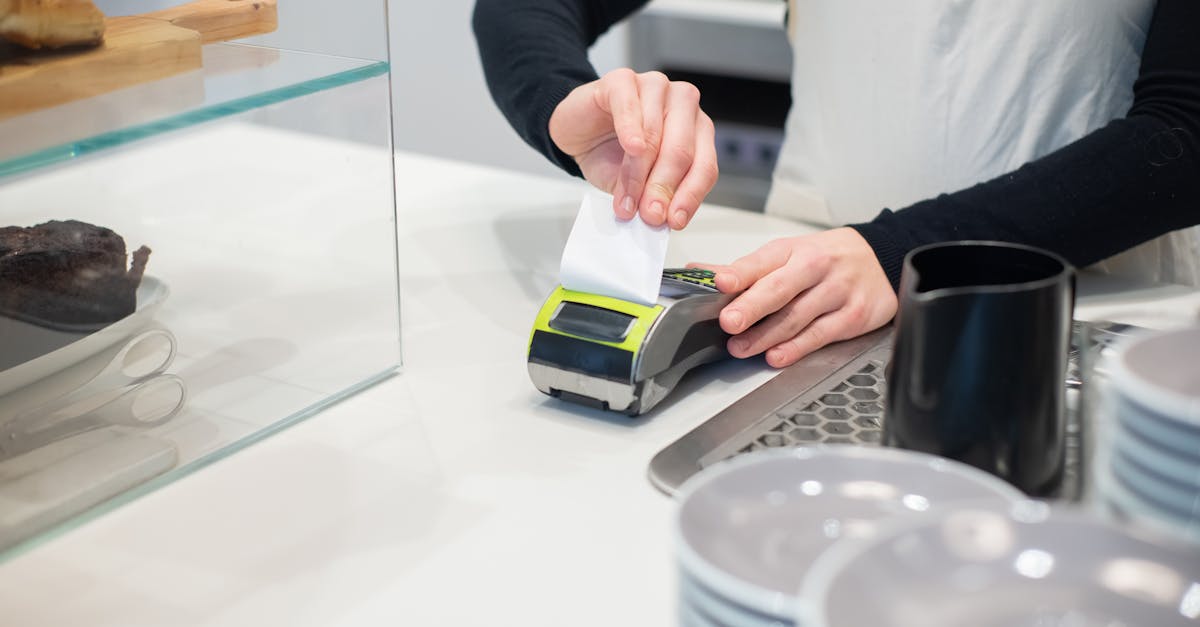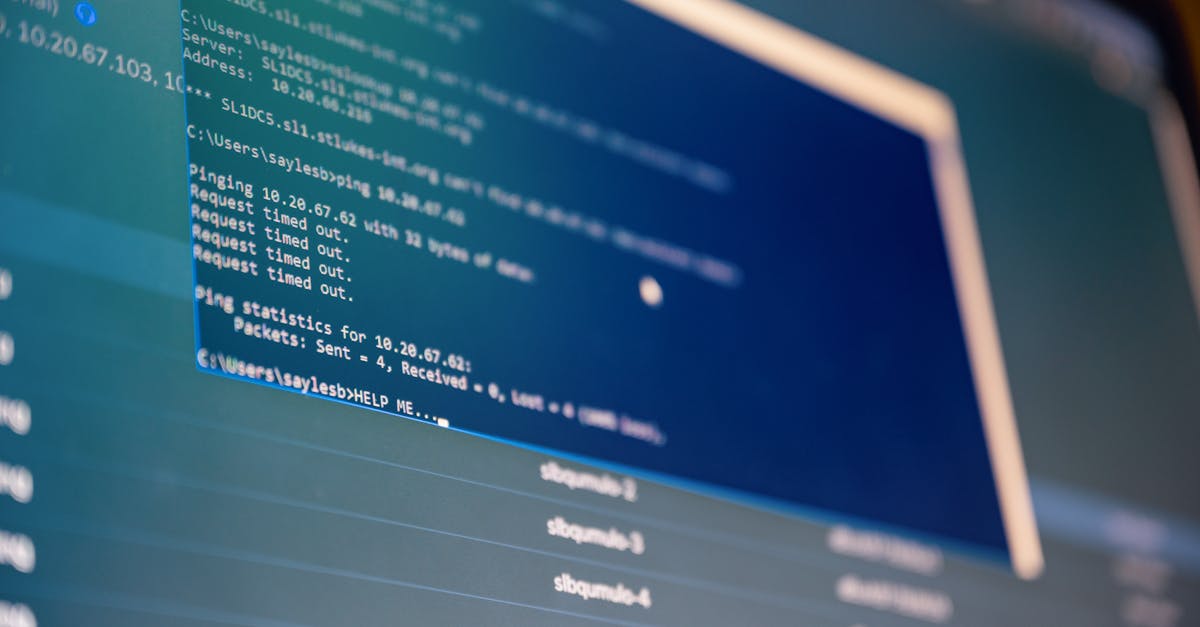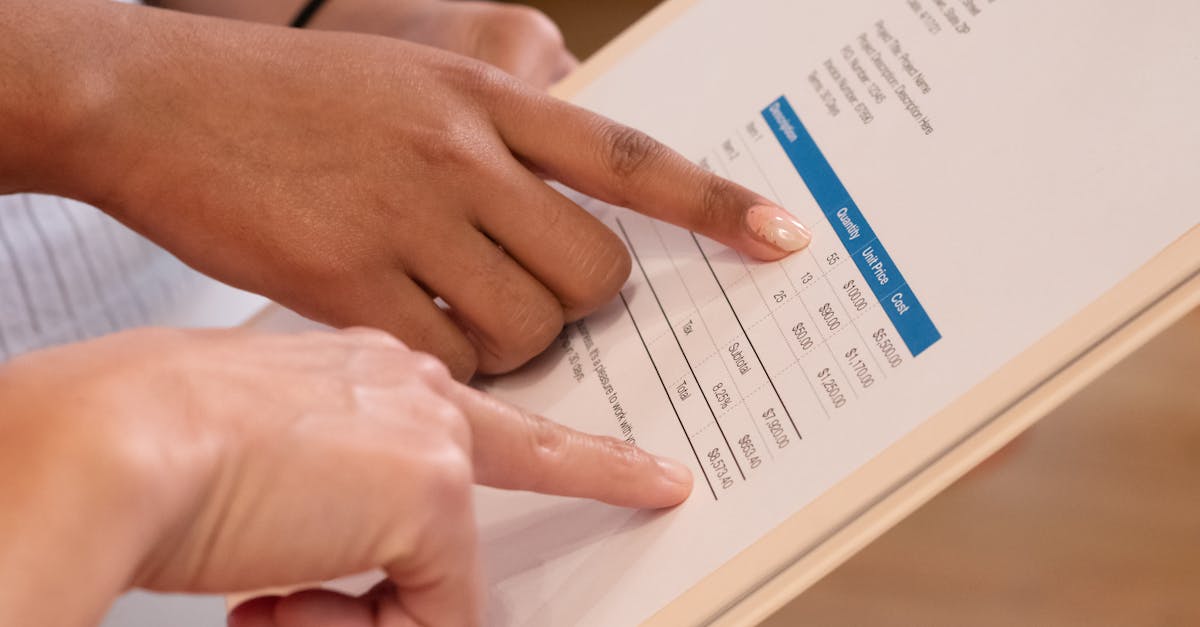Maintaining a sparkling clean pool isn’t just about aesthetics; it’s essential for ensuring safety and enjoyment. With the right pool service tips, we can keep our backyard oasis in top shape all season long. From regular cleaning schedules to proper chemical balancing, understanding the essentials can save us time and money while enhancing our swimming experience.
Maintaining a sparkling clean pool isn’t just about aesthetics; it’s essential for ensuring safety and enjoyment. With the right pool service tips, we can keep our backyard oasis in top shape all season long. From regular cleaning schedules to proper chemical balancing, understanding the essentials can save us time and money while enhancing our swimming experience.
Whether we’re seasoned pool owners or just starting out, mastering these tips can transform our maintenance routine. We'll explore practical strategies that help us avoid common pitfalls, streamline our cleaning processes, and ensure our pool remains a refreshing escape. Let’s dive into the best practices that will keep our pools inviting and safe for family and friends.
Essential Pool Maintenance Tips
Maintaining a clean pool is vital for a safe and enjoyable swimming experience. We'll explore key maintenance strategies that enhance both the pool's longevity and your overall satisfaction.
Regular Cleaning Routines
Establishing a regular cleaning routine ensures our pool remains inviting. We recommend skimming the surface daily to remove debris, such as leaves and insects. Weekly, we should brush the walls and vacuum the floor to eliminate dirt buildup. Checking and cleaning the skimmer and pump baskets weekly prevents clogs and ensures efficient circulation. Additionally, cleaning the filter every month promotes optimal performance and reduces the risk of water quality issues.
Balancing Water Chemistry
Proper water chemistry is crucial for pool safety and comfort. We should test the water at least once a week using test strips or liquid kits. Maintaining pH levels between 7.2 and 7.8 ensures water clarity and protects swimmers' skin and eyes. Additionally, keeping total alkalinity between 80-120 ppm and calcium hardness between 200-400 ppm helps prevent corrosion and scaling. Adjusting chlorine levels between 1-3 ppm provides effective sanitation. Regular chemical testing and balancing not only enhance safety but also prolong the life of pool equipment.
Common Pool Problems and Solutions
Effective pool maintenance identifies common issues promptly, ensuring a clean and enjoyable swimming environment. Here’s a look at prevalent pool problems, their causes, and practical solutions.
Algae Growth Prevention
Algae growth results from unbalanced chemical levels, poor water circulation, and dirty filters. Symptoms include green water and slippery surfaces. To prevent algae:
- Maintain Proper Chemical Balance: Test and adjust chlorine levels between 1-3 ppm and keep pH levels between 7.2-7.8 for optimal effectiveness.
- Improve Circulation and Filtration: Ensure the pump functions efficiently, circulating water completely through the filtration system. Clean or replace filters as needed.
- Routine Cleaning: Brush surfaces and vacuum weekly to remove algae spores before they develop. Check equipment regularly for any malfunctions.
- Shock Treatments and Algaecides: Use shock treatments and algaecides to eliminate existing algae quickly. Regular application of algaecide can help prevent recurrence.
- Use Pool Covers: Pool covers minimize debris accumulation when the pool is not in use, reducing conditions favorable for algae growth.
Equipment Malfunctions
Malfunctioning equipment, such as filters and pumps, negatively affects water circulation and filtration. To address this:
- Inspect Equipment Regularly: Regular checks can reveal issues like clogs or wear. Inspecting at least once a month helps catch problems early.
- Replace Worn Parts Promptly: If parts show signs of wear, replace them quickly to avoid further damage. Overworking clogged filters can strain pumps, leading to costly repairs.
- Clean Filters Frequently: Dirty filters impede water flow. Clean cartridge filters by hosing them down, backwash sand filters, and clean DE filters as per the manufacturer guidelines.
By taking swift action against algae growth and addressing equipment malfunctions, we can keep our pools pristine and safe for enjoyment.
Seasonal Pool Preparation
Seasonal pool preparation is essential for maintaining a clean and functional swimming environment. We outline key tips for both spring start-up and winterization to help us achieve optimal pool conditions year-round.
Spring Start-Up Tips
- Inspect and Clean Equipment: We inspect all pool equipment, including pumps, heaters, and filters, for damage or wear before opening the pool. Cleaning and repairing equipment maintains proper functioning and ensures reliability.
- Balance Water Chemistry: We test and balance water pH, alkalinity, chlorine levels, and water hardness. Proper chemical balance guarantees safe and healthy swimming conditions, enhancing enjoyment.
- Remove Winter Cover: We clean and store the winter cover, taking care to inspect the pool and surrounding areas for debris. It's important to clean any collected debris to promote a pristine swimming environment.
Winterization Techniques
- Drain Equipment: We properly drain all water from pool equipment and pipes. This step prevents freezing and potential damage during colder months.
- Clean Pool: We brush the interior walls and floor, skim the surface, and vacuum the pool by following the manual's instructions. A thorough cleaning prevents buildup and simplifies spring start-up.
- Install Winter Cover: We use a sturdy pool cover to protect the pool from debris and harsh weather conditions. A secure cover preserves water quality and reduces maintenance needs during winter.
Professional Pool Services vs. DIY
Pool owners face the choice between hiring professionals for maintenance or handling it themselves. Each option has distinct advantages that can influence our decision-making process.
Benefits of Hiring Professionals
Hiring professionals for pool maintenance offers numerous advantages. Professionals ensure consistent and thorough cleaning, regularly using high-quality tools and chemicals to maintain optimal water balance. Their expertise allows for the early identification of potential issues, preventing costly repairs later. By managing every aspect of pool care, professionals provide peace of mind, reducing our responsibility for maintenance tasks.
Professionals also utilize advanced products not typically available to the public, resulting in superior equipment performance and enhanced water safety. The investment in expert services saves us time and stress, especially during peak swimming seasons when maintenance demands increase.
Cost-Effective DIY Solutions
Cost-effective DIY pool maintenance presents an appealing option for many homeowners. This approach usually incurs lower upfront costs since we avoid ongoing service fees. DIY also offers flexibility—owners can schedule maintenance activities according to personal convenience. By purchasing essential tools and chemicals, we choose products suited to our preferences.
However, effective DIY maintenance demands commitment. We need a solid understanding of pool chemistry and regular physical effort to maintain water quality and equipment longevity. Investing time to learn proper balancing techniques and cleaning methods minimizes the risk of future repair issues, making our DIY efforts both sustainable and economical.
Conclusion
Maintaining our pool doesn't have to be overwhelming. By following these essential tips and establishing a routine, we can enjoy a sparkling clean swimming environment all year round. Whether we choose to tackle maintenance ourselves or enlist professional help, understanding the basics of pool care is key to preventing common issues and ensuring our pool remains safe and enjoyable.
Let’s prioritize regular cleaning and water chemistry checks to extend the life of our equipment and enhance our swimming experience. With a little effort and attention, we can create a refreshing oasis right in our backyard. Here's to many happy days spent by the pool!
Frequently Asked Questions
Why is maintaining a clean pool important?
Keeping a clean pool is essential for safety and enjoyment. A clean pool decreases the risk of waterborne illnesses, enhances the swimming experience, and prevents equipment issues. Regular maintenance ensures an inviting swimming environment for family and friends.
What are some essential pool maintenance tips?
Key maintenance tips include establishing a routine that consists of daily skimming, weekly brushing and vacuuming, and monthly filter cleaning. Regularly testing and balancing water chemistry is also crucial in preventing clogs and ensuring the pool remains safe for swimming.
How often should I test my pool water?
It's recommended to test your pool water chemistry at least once a week. This includes checking pH levels, total alkalinity, calcium hardness, and chlorine levels. Regular testing helps maintain balanced water quality and prolongs the life of your pool equipment.
What causes algae growth in pools?
Algae growth typically occurs due to unbalanced chemical levels, poor water circulation, or dirty filters. To prevent algae, maintain proper chemical balance, improve circulation, and perform routine cleaning of your pool and equipment.
How do I prepare my pool for winter?
To winterize your pool, properly drain all equipment, thoroughly clean the pool, and install a strong winter cover to protect against debris and harsh weather. This preparation keeps the pool in good condition, making it easier to reopen in the spring.
Should I hire a professional pool service or do it myself?
Hiring a professional pool service offers consistent cleaning, expert knowledge, and advanced products for safety. However, DIY maintenance is cost-effective and lets homeowners work on their schedule. Successful DIY requires understanding pool chemistry and dedication to regular upkeep.
What common pool problems should I be aware of?
Common pool issues include algae growth, equipment malfunctions, and water clarity problems. Regular inspections and maintenance can help identify and resolve these issues early, ensuring your pool remains safe and functional throughout the swimming season.
✅ Ready to Upgrade?
📆 Book a Free Demo - https://www.provalet.io/get-a-demo
🚀 Or Start Free Today - https://app.provalet.io/users/sign_up








